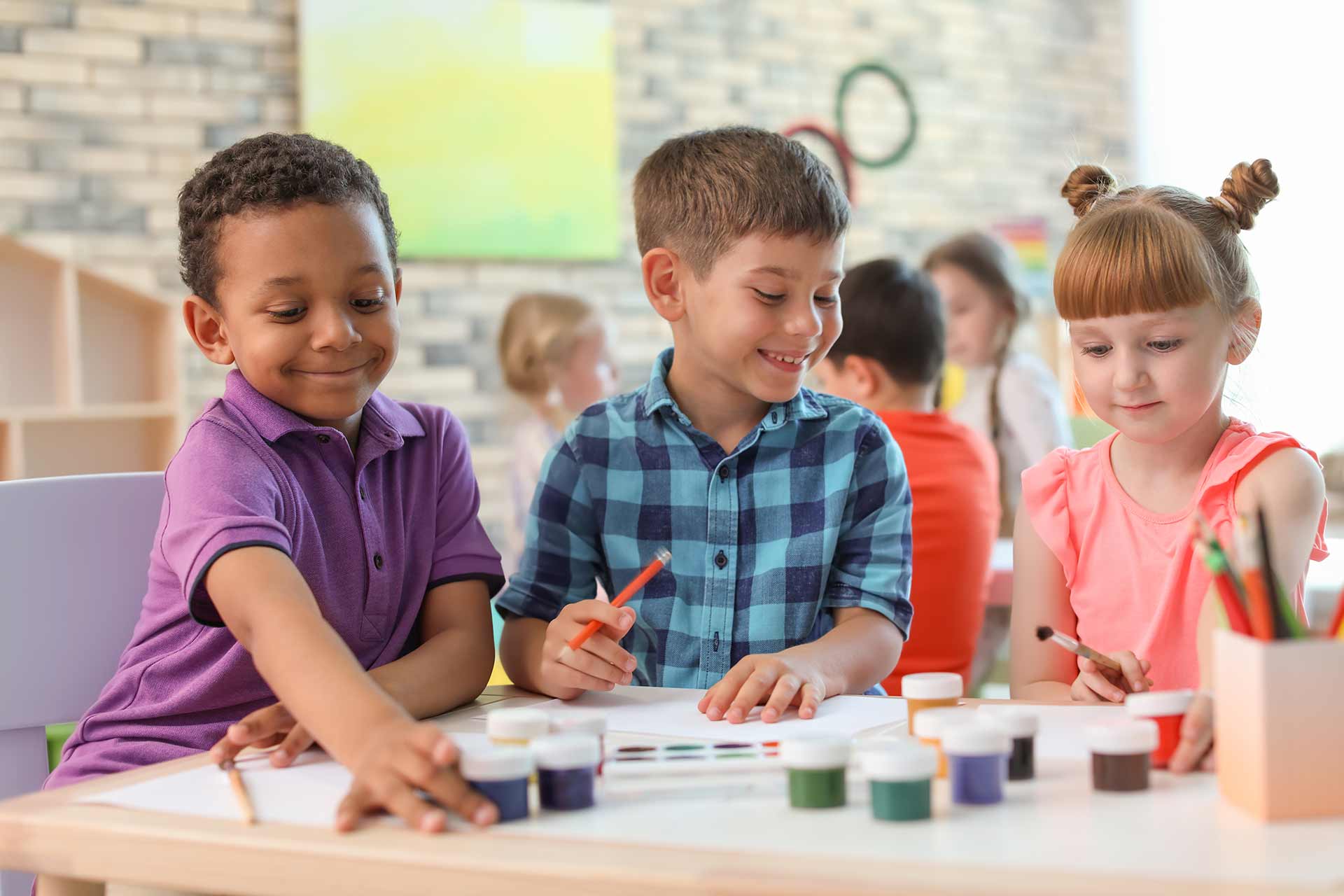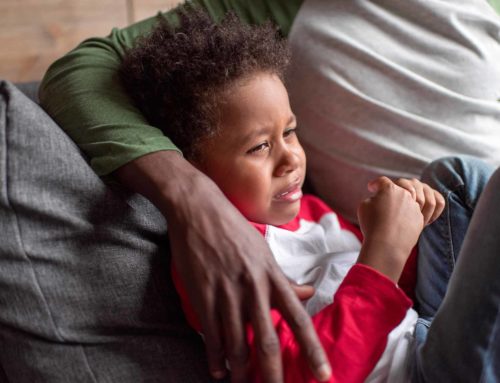When it comes to raising kids, there seems to be an overwhelming amount of choices.
When your child is a baby, it’s about eating and sleeping: do I choose to let my little one cry it out, or should I be at his or her side every whimpering moment? When do I introduce solids, how and what kind? Is formula or whole milk really OK or do I need to keep breastfeeding FOR-EV-ER?
It’s no surprise then that the choices continue as your child grows. For many parents, daycare is a necessary option as mom and dad head off to work every day.
But when your child nears 3 years of age, is it time to switch to preschool?
What is the difference between daycare and preschool?
A daycare or childcare organization at its core is just that: a licensed facility that offers care to your child throughout the day, takes care of his or her vital needs and allows your little one to have fun and play. Some daycare centers do infuse learning into the curriculum, but this really depends on your local area.
A preschool puts its focus on education. Preschool programs typically exist for 2- to 5-year-olds to offer that early learning experience that some people find extremely vital (see below). Some preschools might offer full-time care beyond the learning hours, but more commonly, they are simply a few hours a day, a few days a week, and so forth — and often shut down for holidays and the summers (much like a school).
What are the benefits of starting a preschool program?
There’s a lot to consider when deciding whether to transition your child into a preschool program. Here’s a list to help you get started:
-Expert training: Preschool teachers will be required to have some training in early childhood education and/or an Associate’s or Bachelor’s degree.
-Potty-trained: Many preschools will not enroll your child unless he or she is potty trained.
-Age-specific socialization: Kids in preschools will be grouped into classrooms according to their age, so they learn to socialize side-by-side with little ones who are at similar stages of development.
-Learning the basics: Preschools are a great place for kids to be introduced to basic educational concepts such as numbers, colors, shapes and more. It’s a structured environment that is also hands-on learning to help your child prepare for school.
While there are definitely benefits to enrolling your child in preschool, it is important to note that these days, many daycare centers are also transitioning into more structured, learning environments. This is especially true for rooms that accommodate children who are 2 years and older. When making the decision for your child, pay attention to the ways you see teachers or childcare providers interacting with the children and how well you feel your child is adjusting to the world around him. Is he engaged in songs, arts and crafts and books? Do you feel that he is learning new skills that he can take with him when he transitions out of his current room?
It is important to look at the quality of the childcare and preschool before you make a decision. And, most importantly, if you have questions, don’t be afraid to reach out. Daycare centers and preschools often hold open house events before enrollment begins and tours for prospective parents and children.
What do you think is the best option for your little one?
Lyssa Schmidt is a professional writer who works with nonprofits to boost fundraising and create relationships with donors. She is the happy mother of a 1-year-old daughter and a 4-year-old furball, and an aunt to many great nieces and nephews. Reach out at hello@lyssaschmidt.com.







